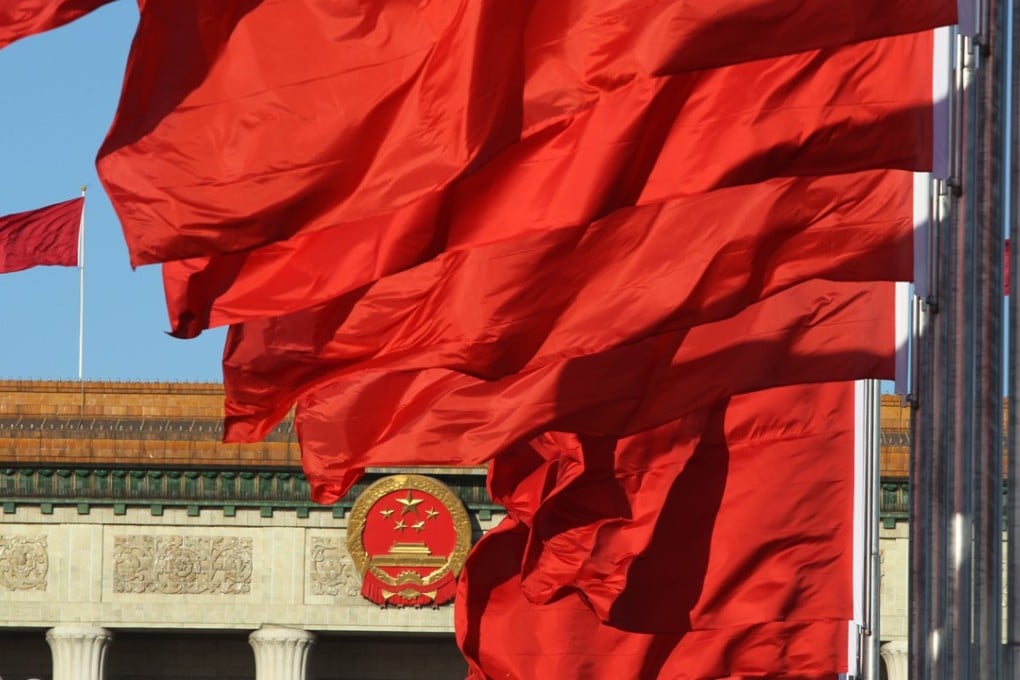The one big unanswered question hanging over China’s plans for new state anti-graft agency
Pilot areas silent on the role of lawyers in planned supervision regime

Beijing has signalled how plans for a new anti-graft body will be rolled out across the country but has still not answered one of the biggest questions: whether detained officials will be allowed to consult a lawyer.
In a series of reports posted on the website of the Communist Party’s anti-corruption watchdog, three pilot areas for a planned new supervision commission detailed how they were rolling out the programme.
The new system will integrate various government anti-graft forces and cover all public servants. It is being tested in Beijing, Shanxi and Zhejiang, with anti-graft staff from the government and procuratorates transferred to the new agencies.
China to launch graft-busting super bureau next year
The Central Commission for Discipline Inspection, the party’s anti-graft watchdog, has long been criticised for lack of transparency when interrogating party cadres. There have been calls for the new commission, the government’s planned equivalent, to be a more transparent body.
In the reports, the new agencies in the pilot areas all said they had detained officials. In Shanxi, Guo Hai, former chairman of Shanxi Coal Import & Export Group, was among the nine officials detained in that province.
The reports said the detainees’ personal, property and defence rights were respected, and each person in custody was allowed adequate food and rest. But there was no indication the detainees were allowed to access to a lawyer.
Li Chengyan, a retired professor from Peking University’s school of government, said detainees should be allowed to hire lawyers because detention by a supervision commission was a state – rather than an internal party – process.